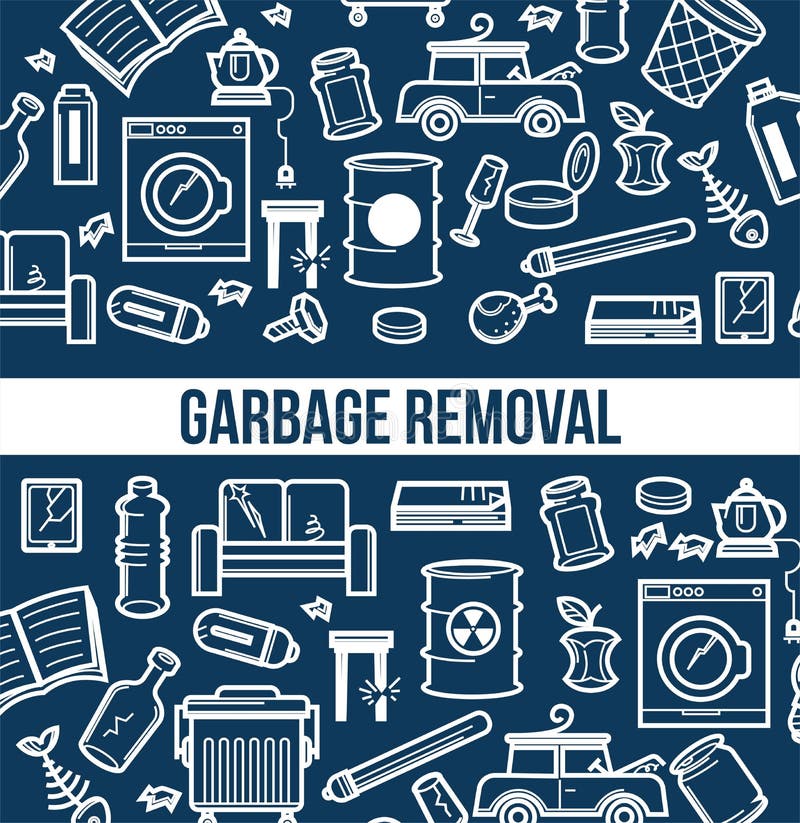Before you commit to renting out a dumpster, there are crucial factors you have to think about to prevent prospective pitfalls and make certain a successful rental experience. From picking the best dumpster dimension to abiding by local laws and adhering to waste disposal guidelines, each action plays an important duty at the same time. By being notified and prepared, you can browse the intricacies of dumpster service with confidence and efficiency.
Dumpster Size Selection
When choosing a dumpster dimension, take into consideration the quantity of waste you require to dispose of and the room offered on your building. It's important to precisely approximate the quantity of particles you'll be throwing out to guarantee you pick a dumpster that can accommodate all of it. If you select a size that's as well small, you might end up needing numerous trips to the land fill or added pickups, bring about additional prices and inconvenience.
On the other hand, selecting a dumpster that's too huge for your requirements can be a waste of money and beneficial space on your home.
To determine the right dimension, take stock of the type and amount of products you'll be getting rid of. For small cleanouts or restorations, a 10-yard dumpster might be enough. For larger jobs like whole-home cleanouts or building, you may need a 20 or 30-yard dumpster. By assessing your waste volume and readily available area, you can select the appropriate dumpster dimension to effectively handle your clean-up requirements.
Local Regulations Awareness
To guarantee a smooth dumpster rental experience, it's important to recognize local guidelines regulating garbage disposal in your area. Different cities and regions have specific guidelines regarding where and how dumpsters can be placed, what materials are allowed to be gotten rid of, and the needed permits for putting a dumpster on your residential property or the street. Failing to abide by these guidelines can lead to penalties or various other charges, so it's important to familiarize yourself with the neighborhood demands prior to booking a dumpster.
Some areas may have constraints on the kinds of products that can be gotten rid of in a dumpster, such as hazardous waste or electronic devices. In addition, there may be standards on the placement of the dumpster, such as distance from property lines or guaranteeing it does not block website traffic or access to emergency situation services. Recognizing these laws beforehand will certainly help you stay clear of any kind of concerns throughout your rental period and ensure a convenient experience.
Make certain to contact your regional waste management authority or city officials to get a clear understanding of the rules that put on your location.
Waste Disposal Standards
Prior to you begin dealing with waste in the rented dumpster, it's essential to stick to details standards to make sure proper and reliable disposal.
Initially, segregate your waste into classifications such as recyclables, natural waste, and general garbage. This will make disposal easier and a lot more eco-friendly.
Be mindful of any unsafe materials that are forbidden from being unloaded in the dumpster, such as chemicals, batteries, or electronics. These products need unique disposal approaches to avoid harm to the atmosphere and public health.
Additionally, avoid overfilling https://wusfnews.wusf.usf.edu/weather/2022-11-02/fdem-launches-debris-removal-program beyond its ability restriction, as this can pose security risks throughout transportation.
Comprehend the weight limits established by the rental firm and avoid surpassing them to avoid added charges or complications.
Verdict
Now that you recognize the crucial ideas for renting a dumpster, you can with confidence schedule one for your project. Remember to estimate visit the next web site , follow neighborhood guidelines, and adhere to garbage disposal standards to guarantee a smooth and affordable experience. By being positive and notified, you can maximize your dumpster leasing and efficiently handle your waste disposal demands.
